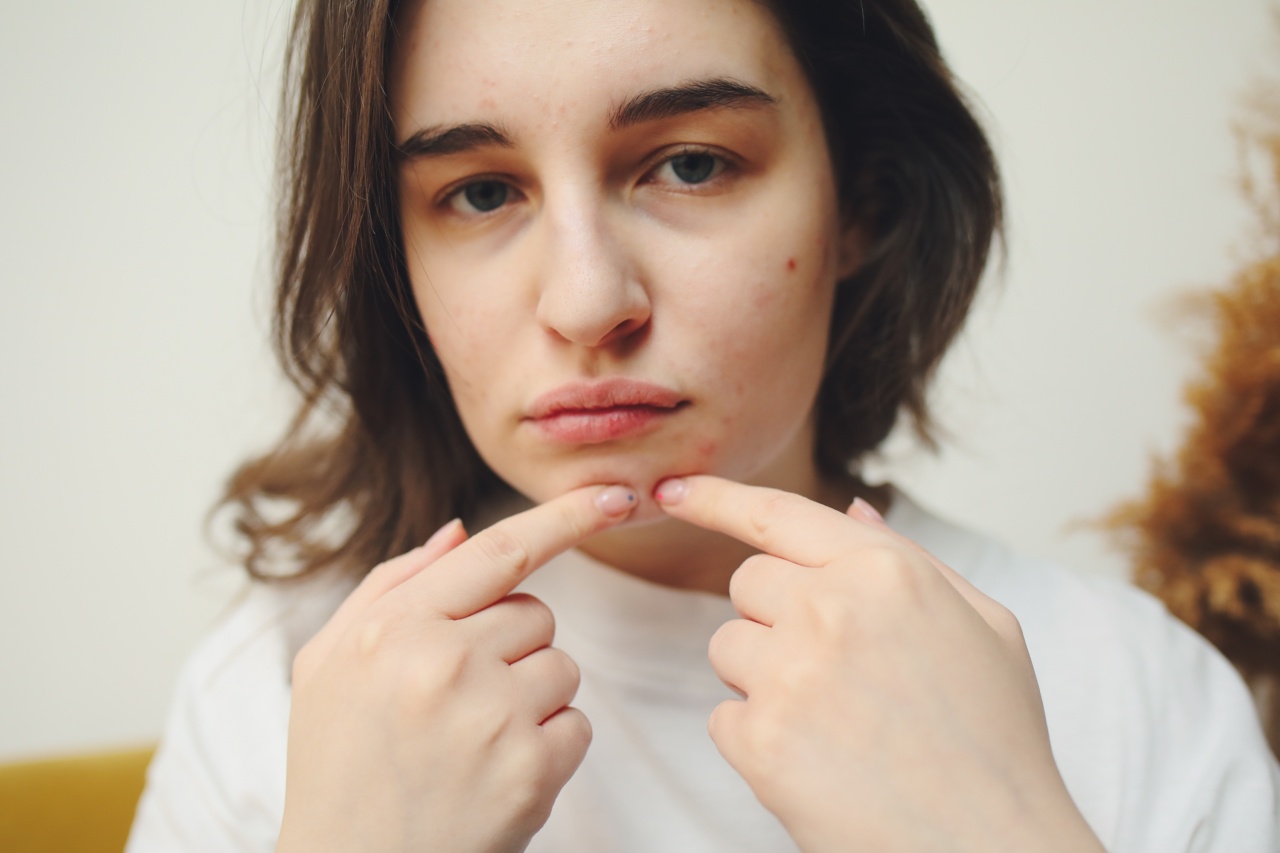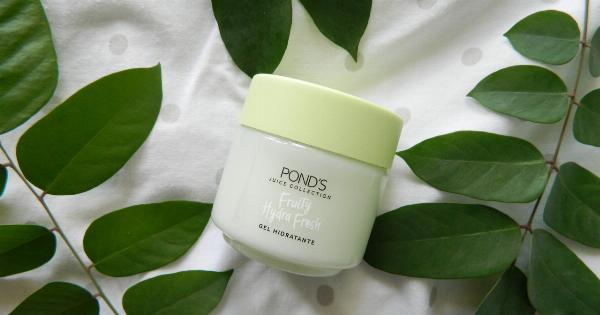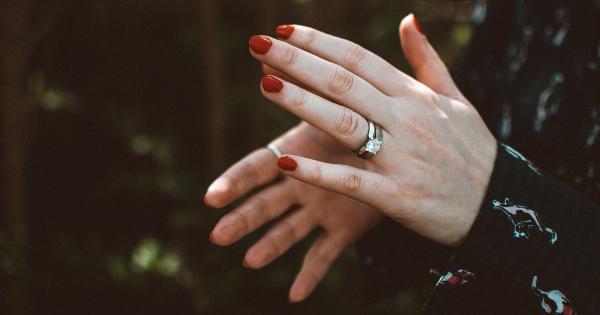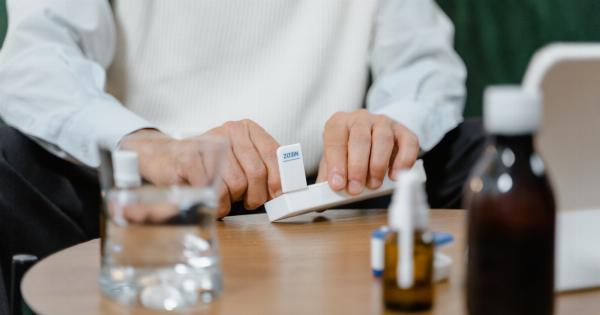Pimples are a common skin condition that affects millions of people worldwide. While most pimples eventually burst and heal on their own, there are instances where they don’t.
This can be frustrating and confusing for those dealing with persistent acne. In this article, we will explore the reasons why not all pimples burst and provide some insights into how to effectively manage them.
The Anatomy of a Pimple
Before delving into why some pimples don’t burst, it’s important to understand the anatomy of a pimple. Pimples are formed when hair follicles become clogged with oil, dead skin cells, and bacteria.
This leads to the development of whiteheads, blackheads, or more inflamed lesions known as papules, pustules, nodules, or cysts.
The Role of Inflammation
One of the primary factors that determine whether a pimple will burst or not is the level of inflammation present. Inflammation occurs when the immune system responds to the presence of bacteria or foreign substances in the skin.
It leads to redness, swelling, and pain. Pimples that are highly inflamed are less likely to burst on their own.
Persistent Blockage
Another reason why some pimples don’t burst is due to persistent blockage of the follicle. In some cases, the clog becomes so compacted that it prevents the natural expulsion of the pimple.
This can cause the pimple to linger for a longer period, leading to frustration and potential scarring.
Severity of Acne
The severity of the acne also plays a role in determining whether a pimple will burst or not. Mild acne, typically consisting of whiteheads and blackheads, is more likely to burst and heal without intervention.
However, severe acne, characterized by nodules or cysts, can be more resistant to bursting. These deep and inflamed lesions may require medical intervention to avoid complications.
External Factors
External factors such as touching, squeezing, or picking at pimples can also affect whether they burst or not. Picking at a pimple can introduce additional bacteria and disrupt the healing process, leading to a prolonged pimple lifespan.
It’s important to resist the temptation to squeeze or pick at pimples to avoid worsening the situation.
Treatment and Prevention
While not all pimples will burst naturally, certain treatment and prevention methods can help improve their chances of healing. Here are a few tips:.
1. Practice Proper Skincare
Establishing a consistent skincare routine is crucial in managing pimples. Cleanse your face twice a day with a gentle cleanser suitable for your skin type. Avoid harsh scrubbing, which can irritate the skin and worsen inflammation.
2. Use Topical Treatments
Over-the-counter topical treatments containing ingredients such as benzoyl peroxide or salicylic acid can help unclog the pores and reduce inflammation. Apply these treatments directly to the affected areas as per the product instructions.
3. Seek Professional Help
If your acne is severe or persistent, it’s advisable to consult a dermatologist. They can prescribe medications like retinoids, antibiotics, or hormonal therapies to help control acne and prevent further complications.
4. Avoid Trigger Factors
Identify and avoid factors that may trigger or worsen your acne. These can include certain foods, stress, hormonal imbalances, and specific skincare or cosmetic products.
Maintaining a healthy lifestyle and avoiding unnecessary stress can contribute to clearer skin.
5. Hands Off!
As mentioned earlier, avoid touching, squeezing, or picking at your pimples. This can introduce more bacteria, cause scarring, and delay the natural healing process.
Keeping your hands off your face is essential for allowing your pimples to resolve on their own.
Coping with Unburst Pimples
If you have a pimple that refuses to burst on its own, resist the urge to force it. Applying warm compresses to the area can help soften the clog and promote natural pus drainage.
If the pimple is causing significant discomfort or affecting your self-esteem, consult a dermatologist for professional extraction.
The Bottom Line
Pimples that don’t burst can be frustrating, but it’s important to remember that everyone’s skin is different.
By understanding the factors mentioned above and following proper skincare routines, you can improve your chances of resolving pimples effectively. If you’re struggling with persistent or severe acne, consult a dermatologist who can guide you towards a personalized treatment plan.




























